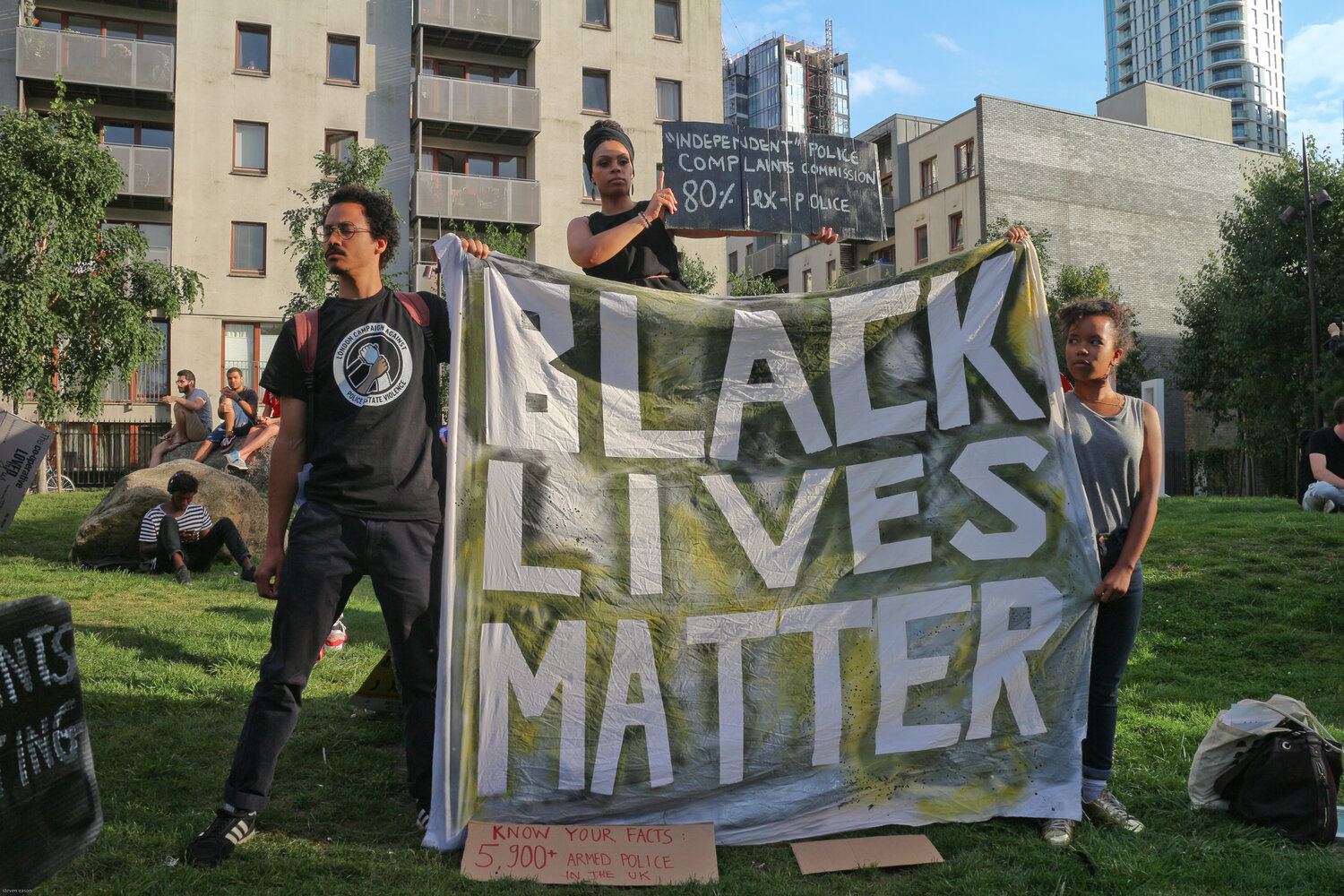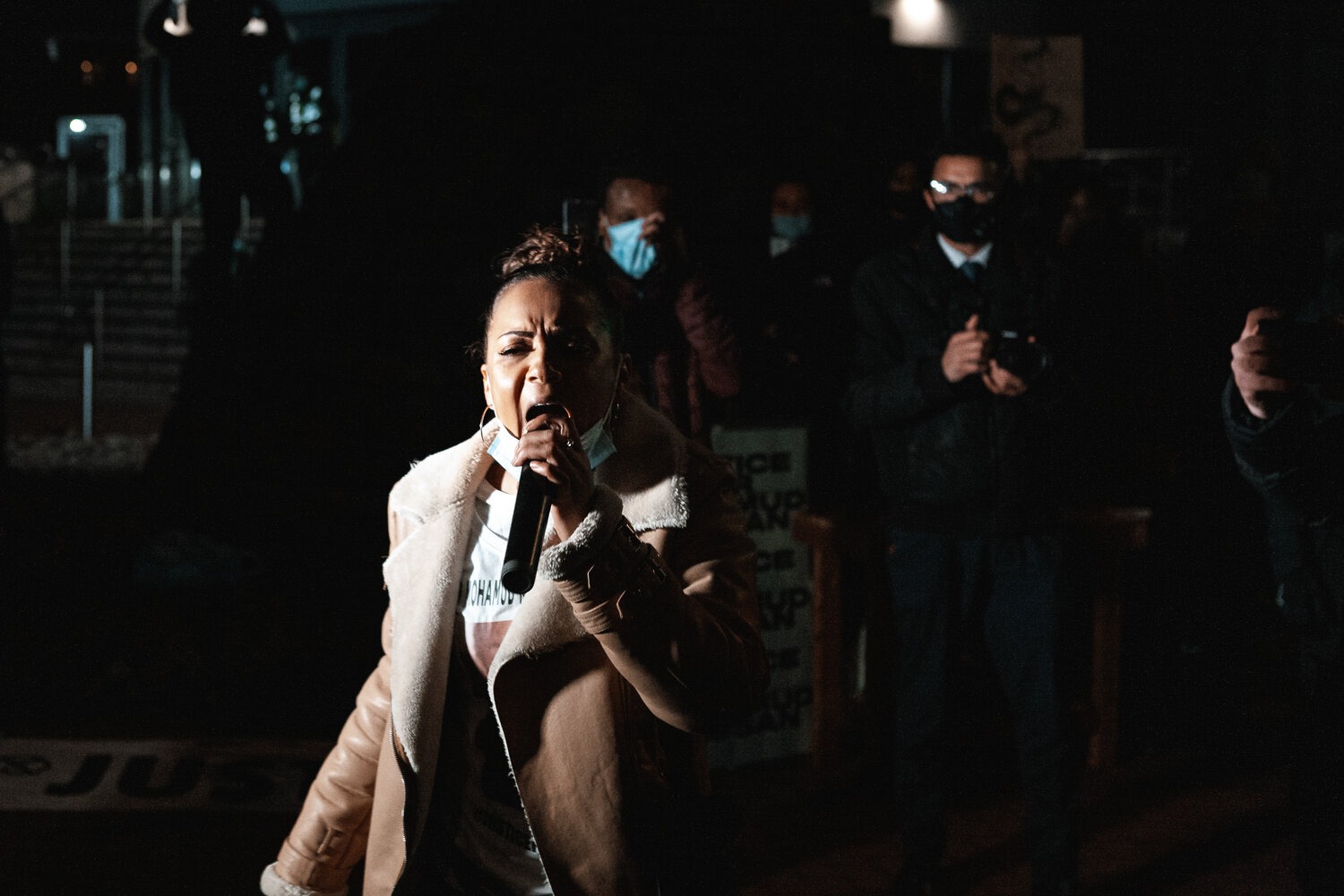
Welsh Labour MP Sacked for Voting Against Torture Bill
Beth Winter was the only Labour MP in Wales to vote against the bill, which makes prosecuting torture and other war crimes more difficult for victims.
The Labour MP for Cynon Valley, Beth Winter, has been sacked by new party leader Keir Starmer from her shadow cabinet role after voting against the Overseas Operations bill in Parliament last night.
The Labour leadership had whipped their MPs to abstain on the motion, which makes it harder to prosecute soldiers and secret service personnel for criminal acts including torture.
In the end, only 18 Labour MPs rebelled, including two others in the wider shadow cabinet team and previous Labour leader Jeremy Corbyn and several members of his former frontbench.
The low number of Labour rebels on a cornerstone issue of foreign policy shows that opposition to British imperialism is incredibly low within the PLP, despite Corbyn’s four and half years as leader. Not even all of the socialist campaign group of MPs could bring themselves to vote against the second reading.
Beth Winter was the only Labour MP in Wales to vote against the new law. 3 Plaid Cymru MPs and the SNP also opposed the motion.
The bill – put forward by Tory MP and minister for defence Johnny Mercer – creates a statutory presumption against prosecution of military personnel after 5 years, making it exceptional and far more difficult for anyone to be prosecuted.
It means that it would be up to the attorney general whether or not a prosecution can proceed after 5 years, and in making the decision they must consider the“adverse impact of overseas operations on service personnel.” There will also be a public interest case in closing cases after 5 years for acts including torture and other crimes outlawed by the Geneva convention. Rape and sexual violence are not included in the bill.
Nasrin Parvaz, a survivor of torture and campaigner has said that through the bill, “the government wants to decriminalise torture and other crimes against humanity by British soldiers if they are more than five years old.”
“As a torture survivor, I’m really afraid of what this might mean. Torture should never go unpunished,” she wrote in a petition on the Freedom from Torture website urging MPs to vote against the bill. “If the UK introduces this law now, what’s to stop other states from doing the same? This would give the green light to torturers everywhere.”
Critics have also said that it will make it harder for war veterans themselves to bring forward cases they may have been witness to.
Beth Winter had served as a Parliamentary Private Secretary (PPS) to Shadow Chancellor of the Duchy of Lancaster Rachel Reeves. She has previously said that she was inspired to join Labour by former leader Jeremy Corbyn and shadow chancellor John McDonnell, and was proud to have stood with them in opposition to the war in Iraq initiated by Tony Blair.
Winter was joined by fellow MPs Nadia Whittome and Olivia Blake in effectively being sacked from their positions for defying the whip.
Nadia Whittome appeared on the Peston current affairs programme last night where she explained why she voted against the bill, but said she had not resigned her position or been told she had been sacked. However, the Labour party later told the press – including briefing the right wing blog Guido Fawkes – that she had lost her position.
In a statement this morning, Whittome – who as an MP took up a role as carer during lockdown – said she had only just been contacted by the leader’s office.
“I opposed the Bill because it effectively decriminalises torture and makes it harder for veterans to take legal action against the government or for war crimes to be investigated,” it read.
She said she could not in good conscience support a motion that put up additional barriers to justice. “It often takes years, or even decades, to come to terms with abusive and then find the courage and resource to come forward,.” she said.
The incident is a watershed moment in the Labour party’s new direction post Corbyn, and represents one of the clearest indications yet that the party has taken a decisive shift to the right under Keir Starmer.
Many on the left who threw themselves behind Corbyn may be wondering why opposition to British military crimes is so low in the parliamentary party after almost five years when the left was in charge, especially under a leader who came to prominence through his opposition to the West’s military occupation and bombing of Iraq and Afghanistan.
But Corbynism failed to address the issue of imperialism in any meaningful way, quickly asserting support for the Trident nuclear deterrent and even appointing the hawkish Hillary Benn as shadow foreign secretary after becoming leader.
Even in the later years, the presence of the pro-war Welsh MP Nia Griffiths as shadow defence secretary was a sign that the leadership had long given up on the idea of making an anti-imperialist case against foreign intervention abroad.
That there were only 18 MPs prepared to put their neck on the line is a stark indictment of this strategy. In Wales, the situation on foreign policy is equally grim, with the overwhelming majority of the party’s 22 Welsh MPs abstaining on a motion that will make it easier to evade justice for war crimes.



1 Comment
Comments are closed.